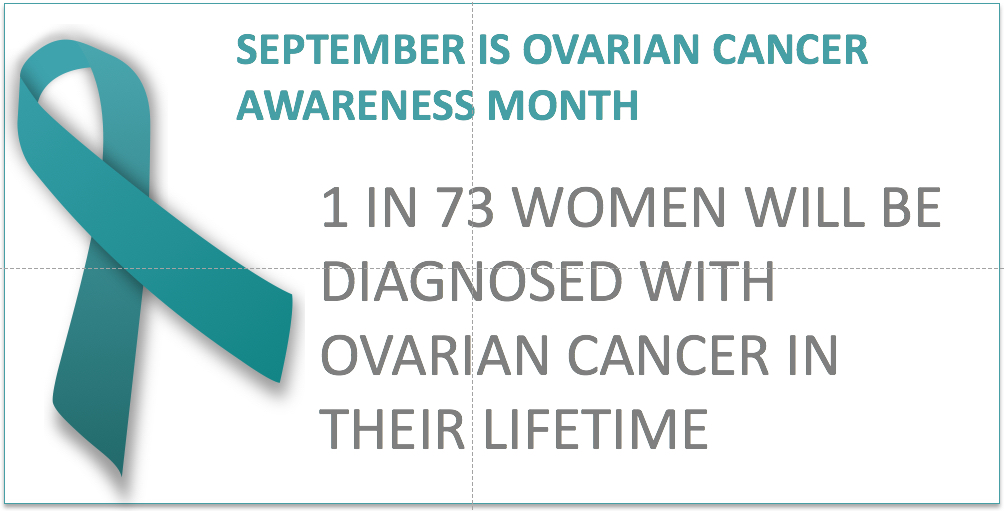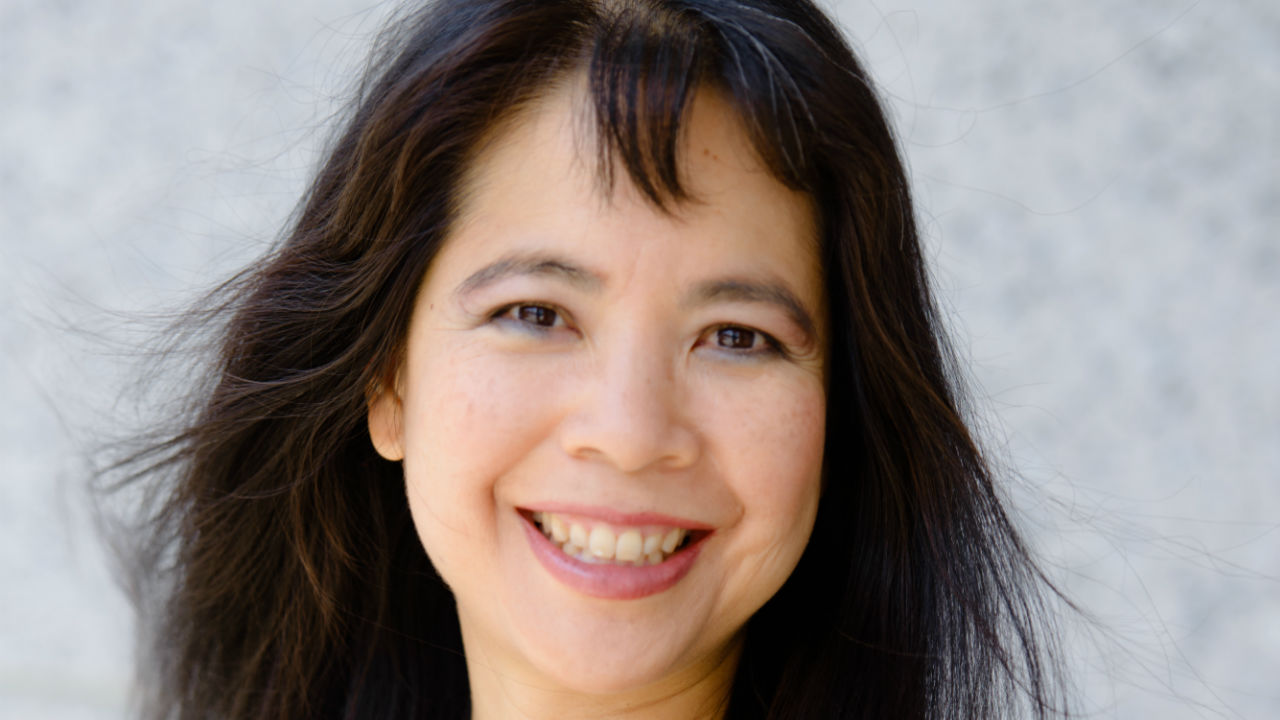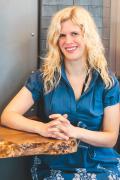That is the first thing that Annie, who herself has been living with ovarian cancer, would tell anyone newly diagnosed with the disease. She adds, “There’s no right or wrong way to do ovarian cancer.”
Every ovarian cancer survivor’s journey is different, but strength can be found in stories from fellow travelers. This is what has inspired the BE LOUD video series, where members of the ovarian cancer community share their experiences in their own words. The BE LOUD series, which can be found on OCRAhope.org, is a platform designed to shatter the silence of a disease two-thirds of women across the world know nothing about.1
A lot of people are in the dark when it comes to ovarian cancer, and symptoms are often mistaken for other conditions. The teal ribbon is not as ubiquitous as other ribbons, yet the American Cancer Society estimates that in 2019, over 22,000 women will be diagnosed with ovarian cancer.2 American women are the most likely to wait more than 3 months before consulting a doctor about their symptoms.1 Leslie, another ovarian cancer survivor featured in the series, had missed symptoms for “probably six months,” and shares this advice: “if you are experiencing things and you’re not getting satisfactory answers, keep pushing.”
Being “loud” may mean talking to a different doctor. It could mean working with your doctor to learn more about your disease. For example, testing for BRCA mutations might help your doctor make decisions about your treatment,3,4 whether you have an inherited mutation5 or a BRCA mutation which is not inherited but is present only in the tumor.6 Knowing that you have an inherited BRCA mutation can also prompt family member(s) to find out whether they have a genetic predisposition to breast or other cancers so that screening and preventive measures could be used.7
It may mean asking questions of patients in an area where you feel stumped. It may mean believing in yourself when you feel like being hopeless. Or it can simply mean being a supportive and active listener, whether it is in a support group or just with one other woman who needs guidance. Janet calls it her part-time job: helping other people while herself being an ovarian cancer patient.
What becomes clear listening to these women is the power of using your voice to connect with your community and define yourself. A survivor is someone who is on the journey. A survivor can band together with their community to make the future brighter. Janet says, “I consider myself a survivor from day one.”
To hear more survivors in their own words, visit OCRAhope.org
The BE LOUD video series was sponsored by AstraZeneca in partnership with Ovarian Cancer Research Alliance (OCRA).
References
1. World Ovarian Cancer Coalition. The Every Woman Study: Summary Report. 2018. Accessed Jan 9, 2019.
2. American Cancer Society. Key Statistics For Ovarian Cancer. Accessed Jan 18, 2019.
3. National Cancer Institute. BRCA Mutations: Cancer Risk and Genetic Testing. Accessed March 7, 2019.
4. Koczkowska M, Zuk M, Gorczynski A, et al. Detection of somatic BRCA1/2 mutations in ovarian cancer – next-generation sequencing analysis of 100 cases. Cancer Med. 2016;5(7):1640-1646. Accessed March 14, 2019.
5. American Society of Clinical Oncology. Cancer.net. Ovarian, Fallopian Tube, and Peritoneal Cancers: Risk Factors and Prevention. Accessed Jan 23, 2019.
6. American Cancer Society. Changes in Genes. Accessed Jan 22, 2019.
7. Frey MK, Pothuri B. Homologous recombination deficiency (HRD) testing in ovarian cancer clinical practice: a review of the literature. Gynecol Oncol Res Pract. 2017;4:4. Accessed March 7, 2019.






Add a CommentComments
There are no comments yet. Be the first one and get the conversation started!